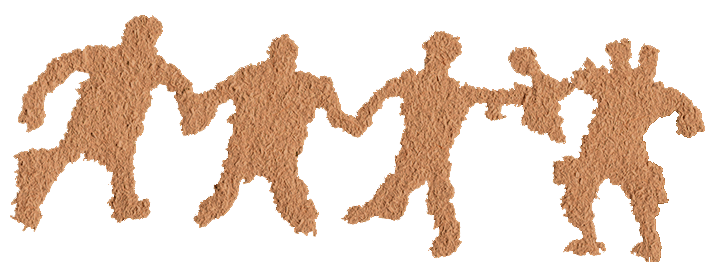| amalhi-pomoka, amalhi-pomoke |
s/he dances fancily |
| amalhoka |
s/he dances fancily |
| 't-assoktehkomon |
s/he dances it strangely or oddly |
| astuwokak |
they dance toward each other and then apart (as in welcome dance, contra dance) |
| awiska |
s/he seldom dances |
| eqqa |
s/he stops dancing |
| ihtolokamok |
place for dancing (ceremonial grounds); ballroom |
| 'kakawtehkomon |
s/he dances it fast |
| 'kihkaka |
s/he dances until end (of musical number, party, marathon, etc.) |
| kotunkewka, kotunkewke |
(usually, man or boy) he dances the hunter's dance |
| kotuwoka, kotuwoke |
s/he wants to dance, is going to dance |
| ktokan |
there is big dance |
| mace-skawe, mace-nskawe |
s/he starts to perform greeting dance |
| mawekak |
they come together dancing |
| menakatka |
s/he dances slowly, goes slowly |
| metka |
s/he stops dancing, has finished dancing |
| mileksitessu |
s/he moves feet to rhythm; (person sitting) dances to music with feet |
| miltehkasu |
it is danced in various ways |
| miltehkomon |
s/he dances it in various ways (slow, fast, sideways, etc.) |
| miltehkomuwan |
s/he kicks something belonging to h/ in various ways; s/he dances it in various ways for h/ |
| moteka |
s/he is heard dancing (but is not seen) |
| naci-witka |
s/he is goes (comes) to a dance, goes (comes) to dance with others |
| nihkanacqihtehkom |
s/he dances sliding or dragging feet forward |
| nihkanka |
s/he dances in front, at head of line, etc. |
| nihtawtehkomon |
s/he knows how to dance it |
